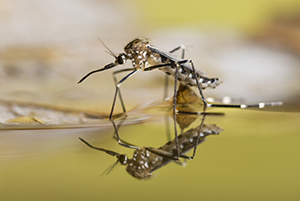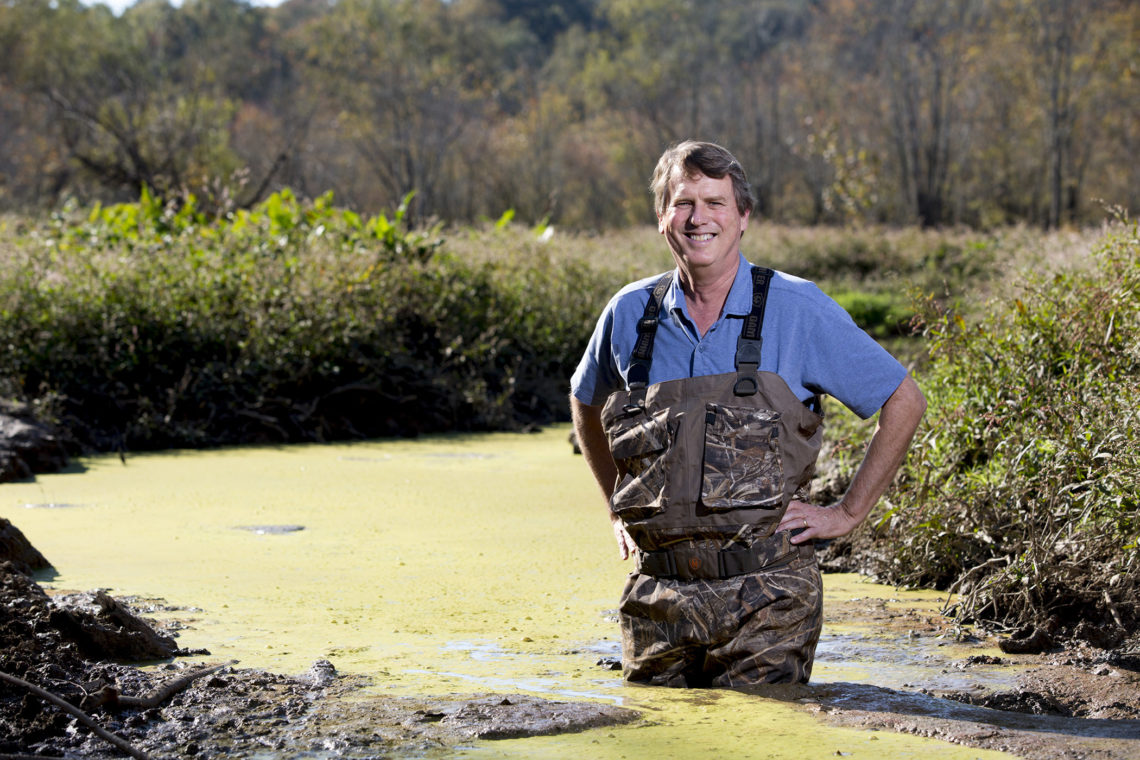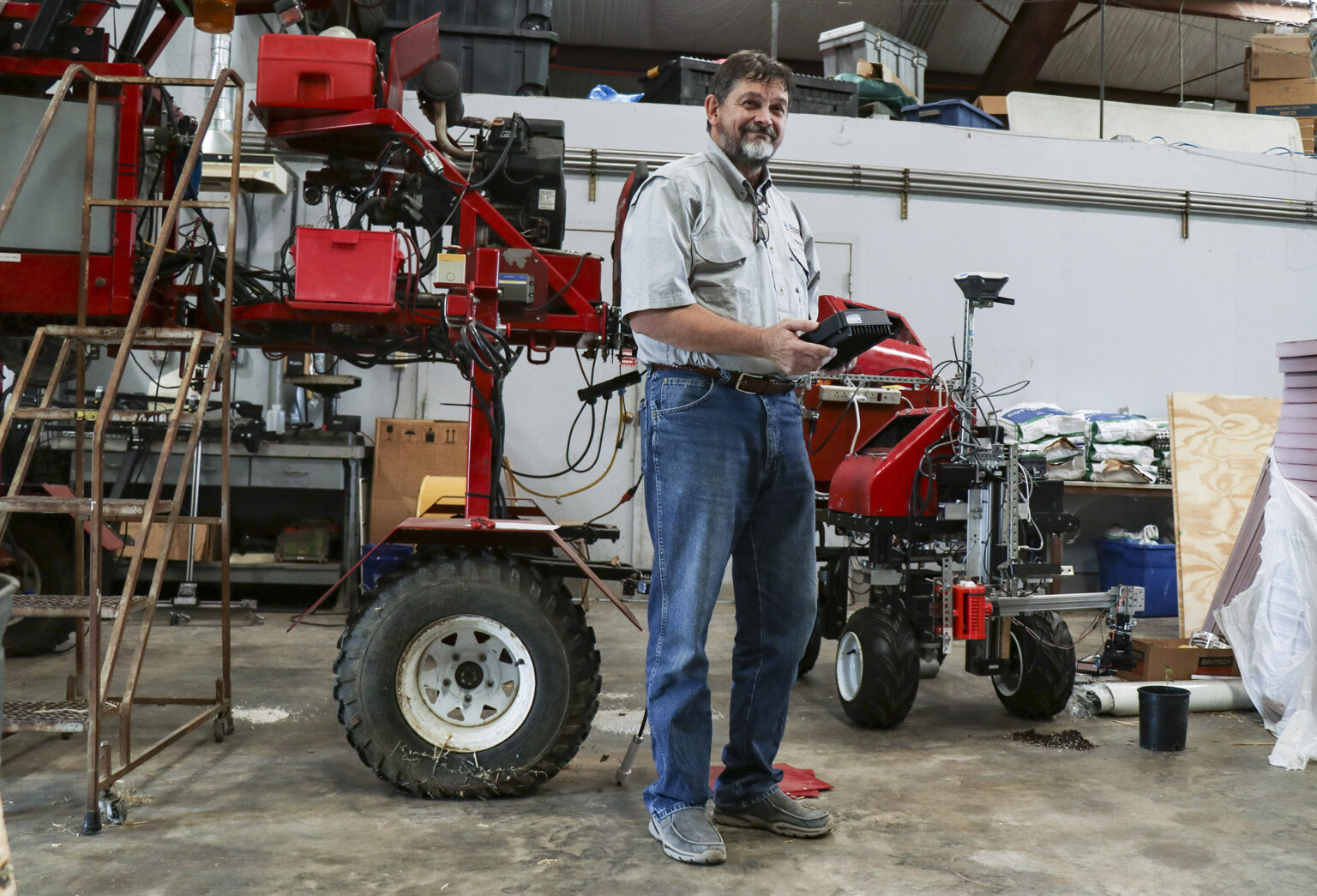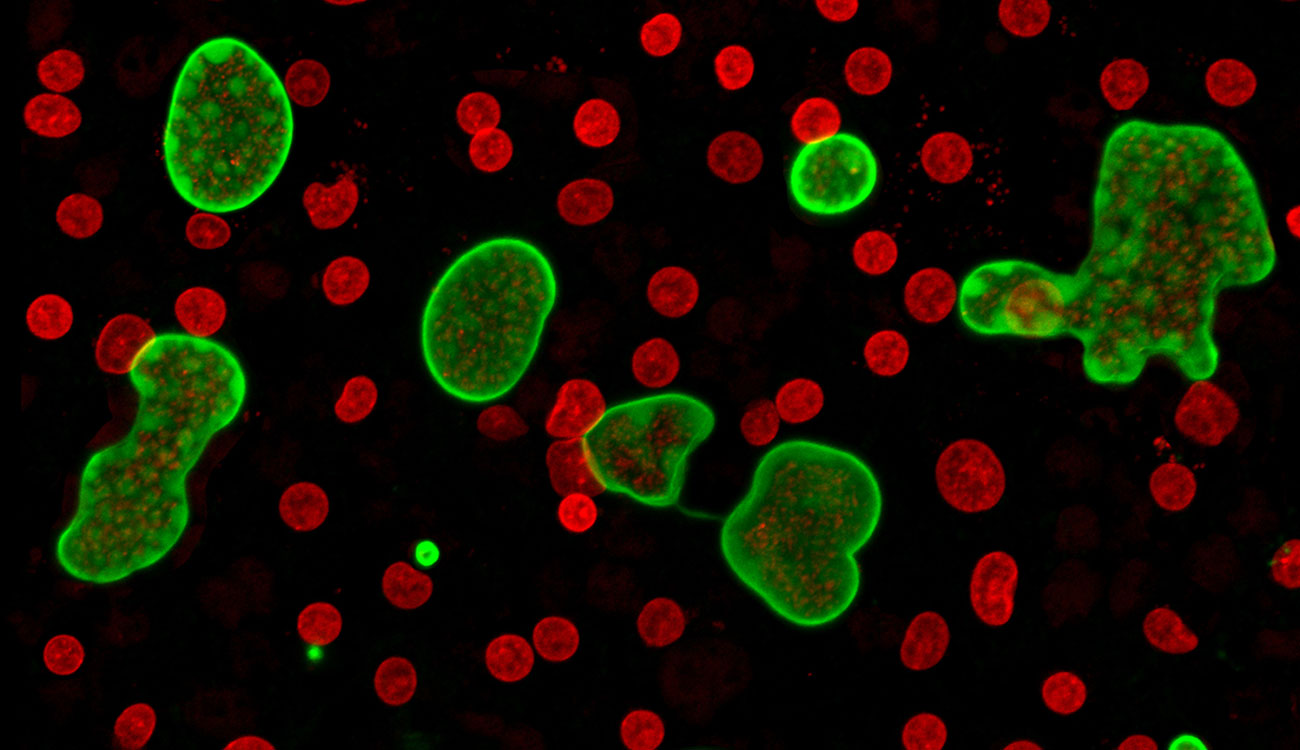 CAES News
CAES News
Ratcliffe Scholars
In the University of Georgia’s College of Agricultural and Environmental Sciences, students are exposed to new ideas, concepts and methods in classrooms and labs every day. The Ratcliffe Scholars Program, part of the college’s experiential learning programming, supports undergraduate students as they deepen their understanding of their chosen fields through internships, study abroad programs and other immersive learning experiences.

.png)



